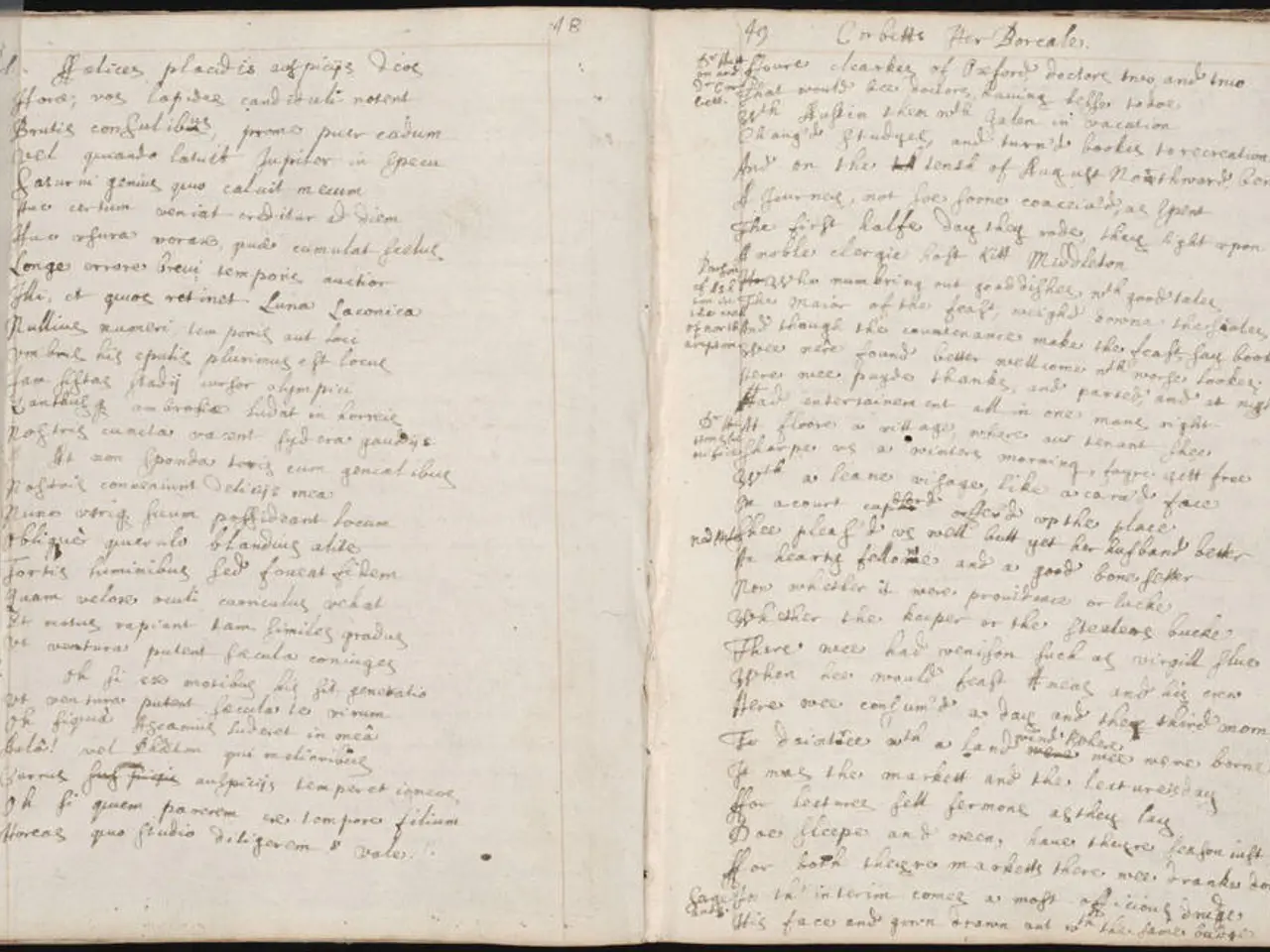Investigating for Improved Inquiry: Focus on Quality Queries
## Transforming Interviews to Assess Critical Thinking: A New Approach
In today's fast-paced world, critical thinking is a highly sought-after skill. However, traditional interview processes often fail to assess this crucial ability effectively. To bridge this gap, a shift in approach is necessary, focusing on strategies that encourage deep inquiry and problem-solving.
### Questioning the Status Quo
One such strategy is to rethink the selection process. By asking hard follow-up questions, interviewers can delve deeper into candidates' thought processes, assessing their ability to analyse a problem and make informed decisions.
### The Power of Active Listening
Active listening is another key component. By truly understanding the candidate's responses, interviewers can identify gaps in information, areas that require clarification, or opportunities to ask probing questions.
### Collaborative Interviews
Collaborative interviews can also foster critical thinking. In a group setting, diverse perspectives can lead to a more comprehensive understanding of a candidate's problem-solving abilities.
### The Socratic Method in Interviews
The Socratic method, traditionally used in teaching, can be adapted for interviews. By asking a series of questions to encourage critical thinking, interviewers can uncover assumptions, stimulate deeper thought processes, and assess a candidate's ability to think critically.
### Reflective Thinking during Interviews
Reflective thinking is also important. Encouraging candidates to question their own assumptions and thought processes can provide valuable insights into their critical thinking abilities.
### Open-Ended Interview Questions
Open-ended questions can encourage detailed responses, providing interviewers with a wealth of information to analyse. These questions can lead to further probing, helping to assess a candidate's critical thinking skills more accurately.
### Feedback and Improvement
Lastly, paying attention to feedback received from candidates can help interviewers adjust their questioning approach or delve deeper into specific topics. This iterative process can lead to a more effective assessment of critical thinking skills during interviews.
By incorporating these strategies into the interview process, employers can better assess candidates' critical thinking abilities, ensuring they find talented individuals who can generate inspired work, and retain them for a long time.
Education and self-development are crucial for honing critical thinking skills, which are essential for personal growth and success in today's competitive job market. Implementing the aforementioned strategies such as questioning the status quo, active listening, collaborative interviews, the Socratic method, reflective thinking, open-ended questions, and feedback mechanism can help recruiters assess candidates' critical thinking skills effectively, fostering personal growth and promoting a lasting employment relationship.




